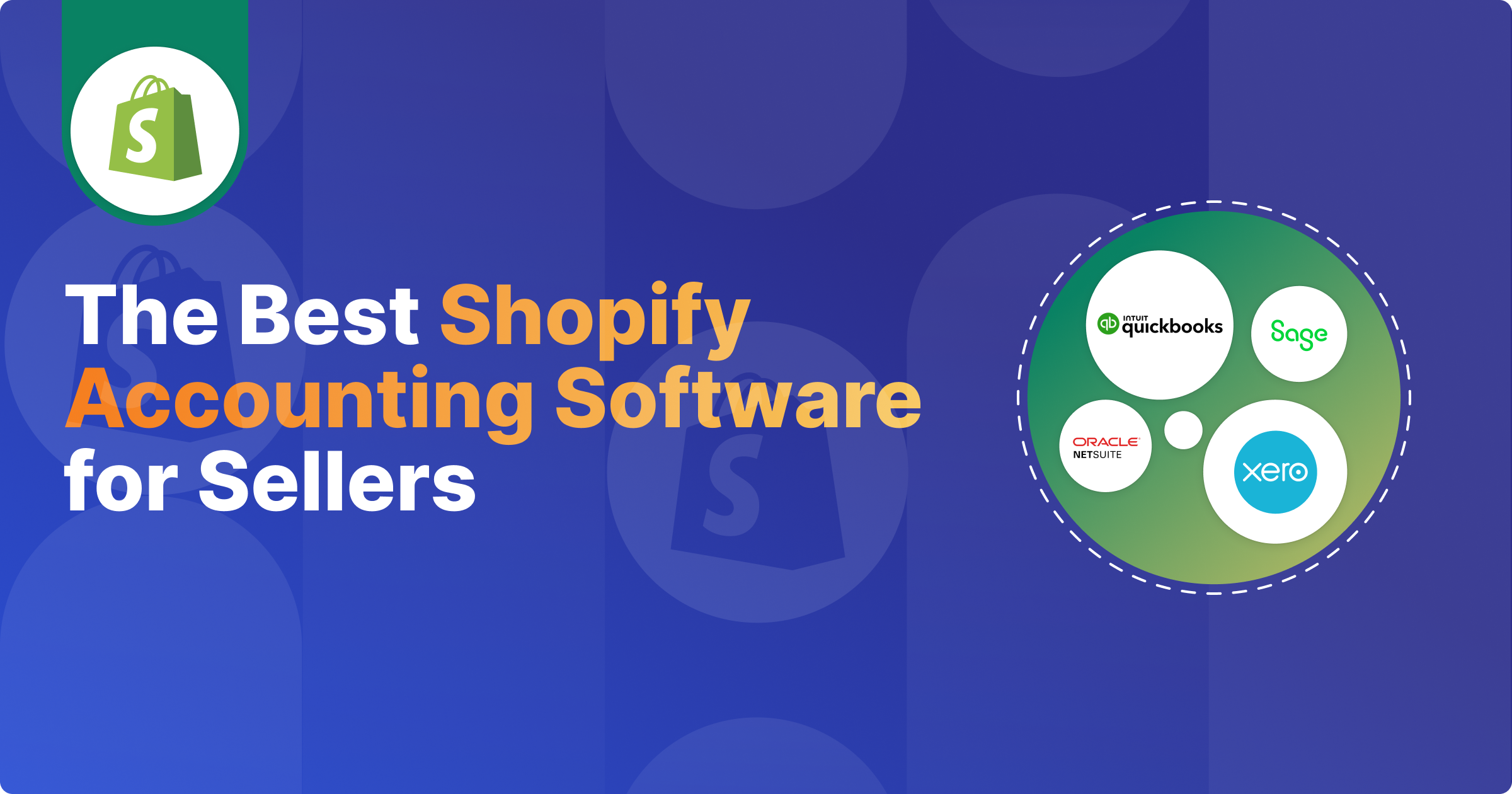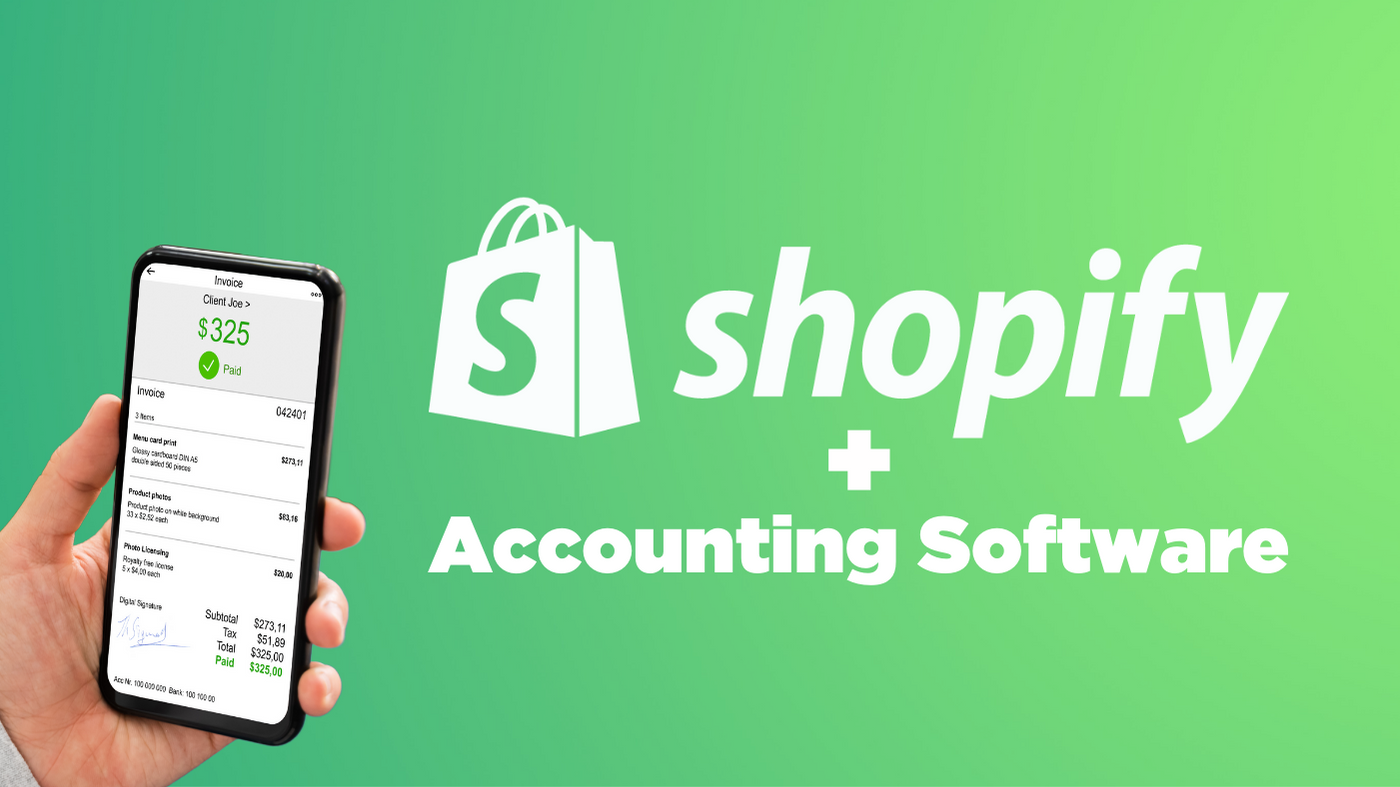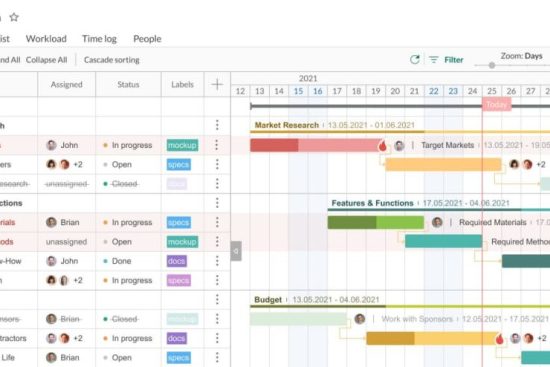
Running an online store can be complex. Managing finances adds another layer of challenge.
Accounting software integration with Shopify simplifies this process, making it easier for online store owners. This integration helps streamline financial tasks, ensuring accurate records and reduced manual work. With the right tools, businesses can track sales, expenses, and taxes effortlessly.
The integration automates data entry, saving time and minimizing errors. This not only enhances efficiency but also provides valuable insights into financial health. Discover how integrating accounting software with Shopify can transform your business operations. Explore the benefits, features, and steps to get started in this blog post.

Credit: www.a2xaccounting.com
Benefits Of Integration
Integrating accounting software with Shopify brings numerous advantages. It streamlines business operations and enhances overall efficiency. Companies benefit from improved accuracy, better time management, and simplified financial processes. Let’s delve deeper into these benefits.
Enhanced Accuracy
Integration reduces manual data entry. This minimizes errors. Automated data transfer ensures consistent and accurate records. Your financial reports reflect real-time data. This leads to better decision-making.
Time Efficiency
Automated processes save valuable time. No need for repetitive manual entries. Syncing sales data directly to your accounting software is quick. It frees up your time for other important tasks. You can focus on growing your business.
Choosing The Right Software
Choosing the right accounting software for your Shopify store is crucial. It ensures smooth financial operations and accurate reporting. The right software can save time and reduce errors. But how do you choose the best one? Here are some key factors to consider.
Compatibility Factors
First, ensure the accounting software is compatible with Shopify. Check if it supports Shopify’s API. This will ensure seamless integration. Look for software that syncs data in real-time. This keeps your financial records up to date. Also, consider the software’s compatibility with other tools you use. This could include payment gateways, inventory management systems, or CRM tools.
Key Features To Look For
Look for features that meet your business needs. Automated invoicing is a must-have. It saves time and reduces manual entry errors. Expense tracking is another important feature. It helps you monitor your spending and manage budgets effectively. Reporting and analytics features are also crucial. They provide insights into your financial health. Additionally, multi-currency support is essential if you sell internationally. Finally, ensure the software has strong security features. This protects your sensitive financial data.
Setting Up The Integration
Integrating your accounting software with Shopify can streamline your business operations. This setup ensures that your financial data syncs automatically. It saves you time and reduces errors. Let’s walk through the process of setting up the integration.
Initial Configuration
Begin by accessing the settings within your Shopify admin panel. Navigate to the Apps section. Here, you will find the option to add a new app. Search for your accounting software and select it. Follow the prompts to install the app.
| Step | Action |
|---|---|
| 1 | Go to Shopify admin panel |
| 2 | Navigate to Apps section |
| 3 | Search for accounting software |
| 4 | Install the software |
Connecting Accounts
After installation, you need to connect your accounts. Open the app within Shopify. You will be prompted to log in to your accounting software. Enter your credentials to establish the connection.
Once logged in, you will see an option to sync data. Choose the settings that suit your business needs. You can sync sales, expenses, and inventory data. This ensures all your financial information is up-to-date.
- Open the installed app in Shopify
- Log in to your accounting software
- Set up data sync preferences
Setting up the integration is a critical step. It ensures your financial data is accurate and up-to-date. Follow these steps to streamline your accounting processes. Enjoy the benefits of seamless data management.
Data Synchronization
Data Synchronization is crucial for businesses using accounting software with Shopify. It ensures that all financial data is accurate and up-to-date across platforms. This helps in better decision-making and financial management. Let’s delve into the key aspects of data synchronization.
Real-time Updates
Real-time updates are essential for maintaining accurate financial records. They ensure that every transaction on Shopify is immediately reflected in your accounting software. This helps in avoiding any financial discrepancies and keeping your books balanced.
- Immediate reflection of sales: Every sale made on Shopify is automatically recorded.
- Instant inventory updates: Stock levels are updated in real-time, preventing overselling.
- Accurate financial reporting: Up-to-date data ensures financial reports are always current.
Handling Discrepancies
Discrepancies can arise due to various reasons, such as manual errors or software glitches. Handling these discrepancies efficiently is important to maintain data integrity.
Here’s how:
- Automated Error Detection: The system can automatically detect and flag inconsistencies.
- Regular Reconciliation: Frequent reconciliation helps identify and fix discrepancies early.
- Detailed Reports: Generate detailed reports to understand the root cause of discrepancies.
Ensuring smooth data synchronization between Shopify and your accounting software can significantly enhance your business operations.
Automating Financial Processes
Integrating your accounting software with Shopify can make financial processes smoother. Automations reduce manual tasks, save time, and minimize errors. This allows business owners to focus more on growth.
Invoice Generation
Generating invoices manually can be time-consuming and prone to mistakes. With integration, invoices are created automatically after each sale. The system pulls data directly from orders in Shopify. This ensures accuracy and saves time.
| Manual Invoicing | Automated Invoicing |
|---|---|
| Time-consuming | Time-saving |
| Prone to errors | Accurate |
| Labor-intensive | Effortless |
Expense Tracking
Tracking expenses is crucial for financial health. Integrating accounting software with Shopify helps track expenses automatically. Each transaction is recorded instantly. This helps keep your books up-to-date and accurate.
Automation ensures that all expenses are categorized correctly. The software can also generate reports on spending patterns. This helps in budgeting and financial planning.
- Reduces manual entry
- Ensures accurate records
- Provides useful insights
Reporting And Analytics
Integrating accounting software with Shopify brings many benefits. One of the main advantages is the ability to generate detailed reports and analytics. This integration helps business owners make informed decisions based on real-time data. Let’s dive into the key aspects of reporting and analytics.
Custom Reports
Custom reports allow you to tailor data to your needs. You can choose specific metrics to track. This helps you focus on what matters most to your business. Custom reports provide insights that are most relevant to your goals. You can easily identify trends and make adjustments. This flexibility ensures you are always in control of your data.
Performance Metrics
Performance metrics give a clear picture of your business health. They show how well your store is doing. Metrics like sales, customer acquisition, and retention rates are crucial. Tracking these helps you understand your strengths and weaknesses. You can monitor your progress and set realistic goals. Performance metrics are essential for growth and development.
Security Considerations
Integrating accounting software with Shopify can streamline your business processes. But, it’s crucial to consider security measures to protect your sensitive data. Here we discuss essential security considerations like data encryption and access controls.
Data Encryption
Data encryption is vital for securing your financial information. It transforms your data into a code to prevent unauthorized access. Both Shopify and your accounting software should use SSL encryption to secure data in transit.
Ensure your accounting software supports Advanced Encryption Standard (AES). AES is widely trusted for its strong security. Keep your software updated to benefit from the latest security features.
| Encryption Type | Benefits |
|---|---|
| SSL Encryption | Secures data during transfer |
| AES | Strong security for stored data |
Access Controls
Access controls ensure only authorized users can access sensitive data. Implement role-based access control (RBAC). RBAC assigns permissions based on the user’s role within the organization.
Use multi-factor authentication (MFA) for an added layer of security. MFA requires users to provide two or more verification factors to gain access. This reduces the risk of unauthorized access.
- RBAC: Assigns permissions based on roles
- MFA: Requires additional verification steps
Regularly review and update your access controls to keep them effective.

Credit: venntechnology.com
Troubleshooting Common Issues
Integrating accounting software with Shopify can streamline your business operations. Sometimes, issues arise that need quick fixes. Here, we address the most common problems and how to solve them.
Connection Problems
Connection problems can disrupt the integration process. Check your internet connection first. A stable connection is essential.
- Ensure both platforms are updated.
- Verify your API keys and credentials.
- Restart your router or modem if needed.
If issues persist, consult the support teams of both platforms. They can provide specific guidance.
Data Mismatches
Data mismatches occur when information does not sync correctly between Shopify and your accounting software. This can lead to errors in reports and records.
- Check for duplicate entries in both systems.
- Ensure that product SKUs match exactly.
- Verify that currency settings are consistent.
Use the following table to identify common data mismatch causes and solutions:
| Issue | Possible Cause | Solution |
|---|---|---|
| Missing Transactions | API Error | Re-run the sync process |
| Incorrect Balances | Currency Mismatch | Adjust currency settings |
| Duplicate Orders | Sync Overlap | Remove duplicates manually |
Regular audits can help identify and resolve data mismatches early.

Credit: linkmybooks.com
Frequently Asked Questions
What Are The Benefits Of Integrating Accounting Software With Shopify?
Integrating accounting software with Shopify automates financial processes. It reduces manual errors, saves time, and ensures accurate financial tracking. This integration simplifies inventory management and financial reporting. It also helps businesses make informed decisions.
How Does Shopify Integration Improve Accounting Accuracy?
Shopify integration improves accounting accuracy by automating data synchronization. It eliminates manual data entry errors. This ensures real-time updates of sales, expenses, and inventory. Accurate financial records help businesses maintain compliance and make better financial decisions.
Which Accounting Software Is Best For Shopify Integration?
Popular accounting software options for Shopify integration include QuickBooks, Xero, and FreshBooks. These software solutions offer seamless integration. They provide robust features for financial management, invoicing, and reporting. Choose the one that best fits your business needs.
Is It Difficult To Integrate Shopify With Accounting Software?
Integrating Shopify with accounting software is generally straightforward. Most accounting software offers easy-to-follow integration guides. Shopify’s app store also provides various integration apps. Technical support is available if needed.
Conclusion
Integrating accounting software with Shopify simplifies your business operations. It streamlines financial tracking and enhances accuracy. This integration saves time and reduces manual errors. Small businesses and large enterprises alike benefit greatly. Improve your financial management with seamless integration. It’s essential for growth and efficiency.
Take a step towards better financial health. Integrate today and see the difference. Your business deserves the best tools for success. Better management starts with the right software. Make the switch for a smoother operation. Enjoy stress-free accounting with Shopify integration.

